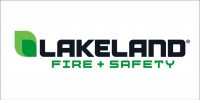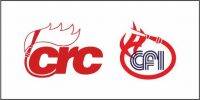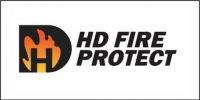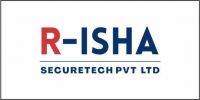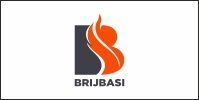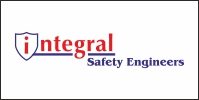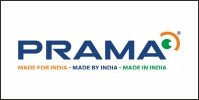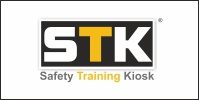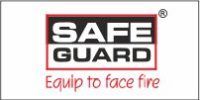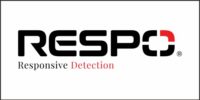 Safety management systems play a crucial role in reducing workplace injuries and ensuring the well-being of employees. By implementing various policies, procedures, and practices, organizations can effectively identify and address potential hazards in the workplace, ultimately creating a safer and healthier work environment for all employees.
Safety management systems play a crucial role in reducing workplace injuries and ensuring the well-being of employees. By implementing various policies, procedures, and practices, organizations can effectively identify and address potential hazards in the workplace, ultimately creating a safer and healthier work environment for all employees.
One of the key benefits of a safety management system is that it helps to proactively identify and mitigate potential risks before they result in injuries or accidents. By conducting regular inspections, risk assessments, and safety audits, organizations can identify hazards such as faulty equipment, unsafe working conditions, and inadequate safety protocols. By addressing these issues promptly, organizations can prevent accidents and injuries from occurring in the first place.
Additionally, a safety management system helps to establish clear protocols and procedures for responding to emergencies and accidents. By establishing an emergency response plan and providing training to employees on how to respond to various emergencies, organizations can effectively minimize the impact of accidents and injuries when they do occur. This can help to reduce the severity of injuries and ensure that employees receive prompt medical attention in the event of an accident.
Furthermore, a safety management system can also help to improve overall workplace morale and employee engagement. When employees feel safe and supported in their work environment, they are more likely to feel motivated and engaged in their work. This, in turn, can lead to increased productivity, lower absenteeism rates, and a healthier work culture overall.
In conclusion, a safety management system is essential for reducing workplace injuries and creating a safe and healthy work environment for all employees. By proactively identifying and mitigating potential risks, establishing clear protocols for responding to emergencies, and improving overall workplace morale, organizations can effectively reduce the incidence of accidents and injuries in the workplace. Ultimately, investing in a strong safety management system is not only a legal requirement for employers, but also a moral imperative to ensure the well-being of all employees.
 Dr. Neeraj Sharma, (PhD – Industrial Safety & Health- Cambridge University), Radiological Safety officer (BARC) Lead auditor IMS LRQA)and BSC OHS systems, Competent person, Leader of OISD standards review Committees of OISD 155( PPE) & 184( Life Saving appliances), Member of BIS standards Review Committees , 41 + Yrs of rich experience,Sr HSEF Practioner.
Dr. Neeraj Sharma, (PhD – Industrial Safety & Health- Cambridge University), Radiological Safety officer (BARC) Lead auditor IMS LRQA)and BSC OHS systems, Competent person, Leader of OISD standards review Committees of OISD 155( PPE) & 184( Life Saving appliances), Member of BIS standards Review Committees , 41 + Yrs of rich experience,Sr HSEF Practioner.









